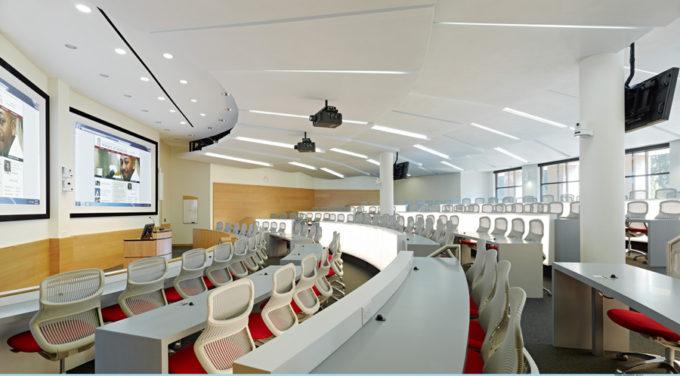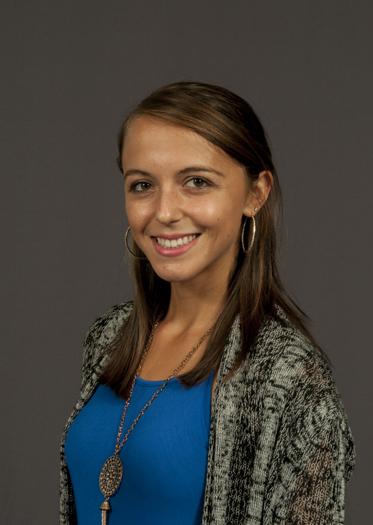
Get the latest articles delivered directly to your inbox!
Our Contributors
Class of 2022
Kyle Duke
Austin Foster
Charlotte Leblang
Ross Lordo
Class of 2021
Dory Askins
Connor Brunson
Keiko Cooley
Mason Jackson
Class of 2020
Megan Angermayer
Carrie Bailes
Leanne Brechtel
Hope Conrad
Alexis del Vecchio
Brantley Dick
Scott Farley
Irina Geiculescu
Alex Hartman
Zegilor Laney
Julia Moss
Josh Schammel
Raychel Simpson
Teodora Stoikov
Anna Tarasidis
Class of 2019
Michael Alexander
Caitlin Li
Ben Snyder
Class of 2018
Alyssa Adkins
Tee Griscom
Stephen Hudson
Eleasa Hulon
Hannah Kline
Andrew Lee
Noah Smith
Crystal Sosa
Jeremiah White
Jessica Williams
Class of 2017
Carly Atwood
Laura Cook
Ben DeMarco
Rachel Nelson
Megan Epperson
Rachel Heidt
Tori Seigler
Class of 2016
Shea Ray
Matt Eisenstat
Eric Fulmer
Geevan George
Maglin Halsey
Jennifer Reinovsky
Kyle Townsend
Join USCSOMG students on their journeys to becoming exceptional physician leaders.

Cognitive Dissonance
I have grappled with this post, both with how to articulate the words and feelings I felt and still feel as well as with the deep-rooted embarrassment regarding the event.
I have grappled with whether this would birth distaste from family, shock from friends, or portend a less than respectable reputation.
I have grappled with the idea of both revealing a flaw, nay, a hurdle that although in the moment was the reality of my worst fear come to light, proved to enlighten, strengthen, and provide me with what God has put on my heart as a story to tell to encourage others.
I have grappled, and yet, am finally letting go of that fear. Humbly exposed, I write today with the end result that although may be to my detriment may hopefully be to the benefit and encouragement of others .
Everyone makes mistakes, right?
We constantly hear this growing up and throughout our didactic and clinical training. We hear this adage and nod our heads, physically showing agreement with the words we hear but never taking to heart the full nature of its meaning or the entity of its implications. We nod our heads to the acknowledgment of future failure, yet, our heart, like always, beats starkly in contrast with its hidden belief that this would never happen. They say the heart and brain are constantly in battle, and this story is an example as such.
Failure comes in different flavors and is a word that is defined in various contexts, whether academically, socially, or clinically. It is a word that although has infinite bounds is defined within the ranges of each human brain. What some people view as failure, others view as successes and vice versa. However, in my case what was deemed a failure by paper and by society was indeed a failure that met my definition, that of the worst kind.
I remember sitting there in shock, heart pounding in an abnormal rhythm, physically paralyzed, unable to breathe or pay attention to the world around me. I sat there with a look of pure dread and overwhelming sickness, feeling my world crash around me. A sort of dissociative amnesia overtook me, never believing that this would ever happen to me, never once truly coming to terms with the possibility that one of my worst fears could turn into reality. And here, good friends, is where my heart failed me and my head, that same head that once nodded in agreement to the acknowledgement that failure happens to everyone, was right.
I had failed a clinical shelf exam. Although by one point, I had failed. And with that, I labeled myself.
The wave of embarrassment, disappointment, and frustration at myself was indescribable. What further enhanced that was the thought of what my family would think of me- their daughter, a failure. The agony of even revealing to them what I had just learned made me sick to my stomach. If at any point in time the Five Stages of Grief by Kubler Ross would shine true, it would have been at this point. I could have given in to my emotions, and I could have given up. But instead, I stopped. I stopped, breathed, and decided to take the high road. I was going to be a fighter, just like my parents taught me to be, and show that who I was was only going to be defined by me and my actions, not by the world. Thus, I restudied, retook the exam 3 weeks later while on another clerkship, and performed better than any exam I had taken so far during the year.
Everyone makes mistakes and everyone has failure- nobody is immune. Only once we all come to terms with this can we get over our fear, of which I’ve best heard as “false evidence appearing real”, and continue to grow into the individuals we are meant to become. Once we come to terms with the idea that mistakes can and do happen can we better work on our reactions, coping skills, and acceptance that they will make us better humans, friends, and doctors one day. Once we come to terms with the fact that we are not defined by our mistakes or “the sum of all our highs and lows”, as best put by Lauren Daigle, can we remember the nature of our humanity. With this, we can better meet our patients where they are at with a true compassion and beauty of understanding.
And with this I hope to teach my friends, my family, and my future patients, that it’s okay to fail and to make mistakes. Our patients never asked us for perfection, so why have we defined that expectation for ourselves?

About the Author: Irina Geiculescu
Ethnically, 100% Romanian, and nationally, 100% American, I was born in Seneca, South Carolina and have lived in the Clemson/Easley area my whole life. I graduated with a B.S. degree in Biomedical Engineering, Materials Emphasis, from Clemson University. Athlete, scholar and former competitive pianist, I try to maintain a balanced mind, body and soul. I am ecstatic and blessed to be attending USCSOMG and to be part of the wonderful Class of 2020, beginning the journey that propelled me into medicine: pursuing the principle of people first.
Copyright 2021 USC School of Medicine Greenville

